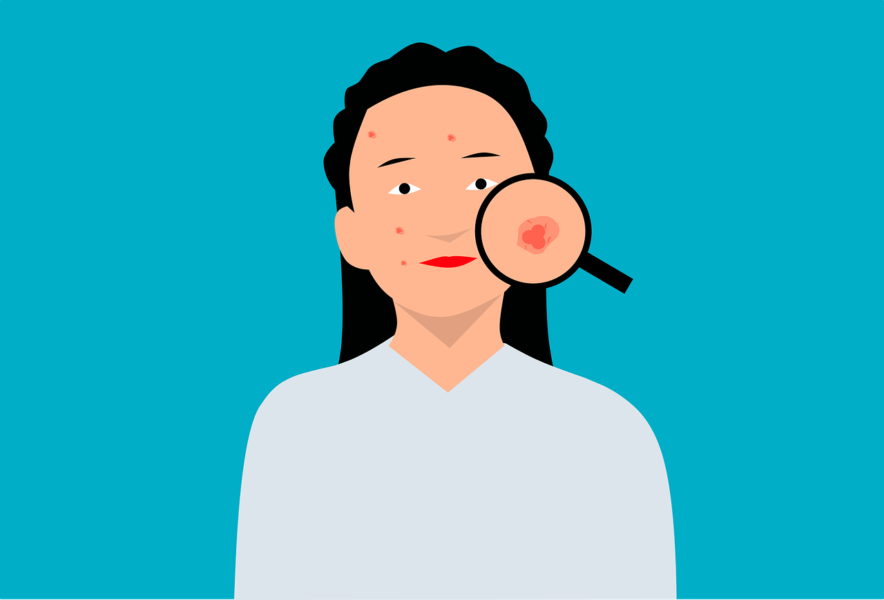Meaning of the term “acne”
Acne is an old yet one of the commonest skin disorders that usually causes “skin eruptions or pimples” on the face, back, neck and sometimes on arms.
The term “acne” has been derived from Greek language which means skin eruptions.
Since very old and ancient times, acne has been regarded as a serious skin disorder that could severely affect human complexion.
Therefore, acne is now regarded as one of the most common skin related disorders that persisted even in the most ancient times.
Then, however, due to the lack of proper knowledge and research, acne was rather considered as “contagious” disease that could be transmitted from one person to another.
Historians trace the history of acne through three major ancient civilizations i.e. Egyptian, Roman and Greek.
Read more: Getting in Shape for Summer Begins Right Now!
Acne and ancient Egypt
Archeological records have discovered that even the Pharaohs of Egypt tried to cure the problem and used great efforts for the same.
However, due to lack of scientific technology and research, many myths and superstitious beliefs were linked to the cause, signs and symptoms and treatment of acne.
The ancient Egyptians, for example, used magic, spells and charms to treat it. Similarly, Egyptian people living in the third century A.D. believed that the acne disorder was caused from telling lies.
Food and certain drinks were also considered to be a major cause of acne in the 14th century. For the same reason, doctors and “hakeems” of eastern medicine used to ask patients to avoid spicy foods and strong beverages.
It was not until the second half of the 20th century that significant progress was made in treating the skin disorder.
Acne and ancient Greece
Historical data indicates that in ancient Greece, Aristotle and Hippocrates mentioned of the condition. The ancient Greek physicians certainly recognized acne which they knew as tovoot, a condition which Aristotle describes in sufficient detail for there to be little doubt of the identification.
Hippocrates also uses the term, but does not state what he means by it, although his wording suggests that it was a well-known and recognized disease.
Read more: Honest Review to Meratol The Weight loss Supplement
Acne and ancient Rome
There have been documented stories about Romans using “warm sitz baths; of sulfur to lessen the symptoms of acne.
In fact, historians describe an interesting way of treating the acne in ancient Roman times. It can be said that ancient Rome led the way as the first civilization to treat acne.
In Roman Empire times (27 B.C. through 393 A.D.), it was thought that pores could be unclogged and cleansed by mixing sulfur in mineral baths. Because this type of cleansing reduced the amount of bacteria-causing acne, it was fairly effective.
What’s more, because of sulfur’s dehydrating abilities, oils that clogged the skin were dried out. Although this was not a perfect cure, the mineral water and sulfur treatment did cause improvement of the signs and symptoms of acne.
Based on the above historical outline, it can be concluded that acne is an old disease with even an older history. From time to time, different cultures and societies have used different methods to address the problem.
Thanks to the modern advancements in the field of natural therapy, newer and safer anti acne formulations and systems are now available that will not only successfully treat the problem but will also save you a lot of money.
dr. Khadijah











